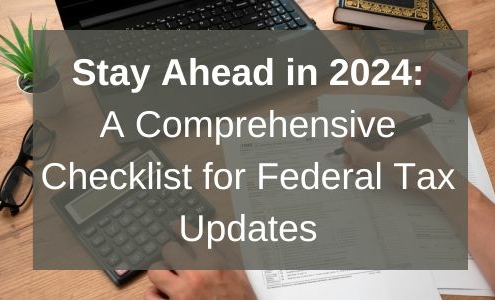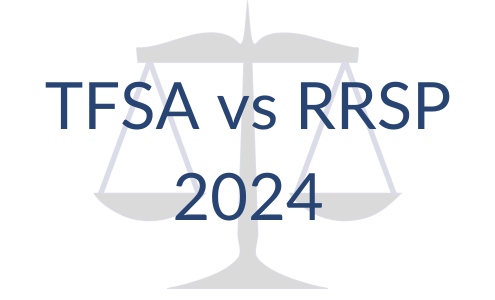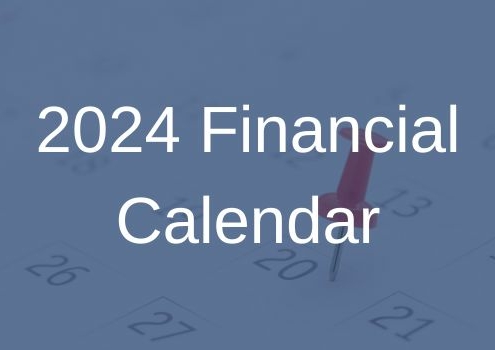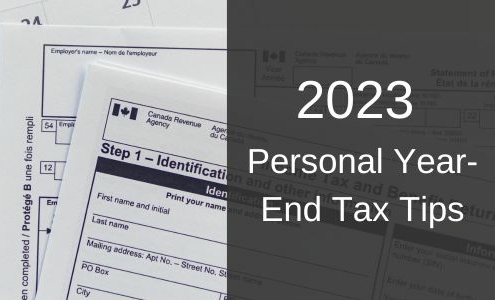Life Insurance
A life insurance policy is a means by which to safeguard the financial interests of your family in the event of your death. Usually the policy offers a cash sum, which is paid tax free, to your dependents or named beneficiaries on the policy which can help them with costs such as outstanding debts or funeral costs, as well as enabling them to maintain their standard of living if you die.
Life insurance policies are legally binding contracts and cover specific details such as the price of the insurance premiums, the length of the contract and how long it will cover you for and the sum that will be paid out to your beneficiaries if you die.
In addition to the main use of life insurance that we have discussed above, such policies can also be financially beneficial to you in other ways:
- It is possible to build a nest egg of savings for your retirement at the same time as benefitting from the protection of insurance.
- You have the choice of naming a charity of your choice as a beneficiary in the policy to donate some or all of the cash sum to them.
- You can use the policy to cover estate taxes when you die.
- If you own your own business, you are able to protect your interests as the policy would provide the funds to buy out a deceased business partner’s part of the company.










